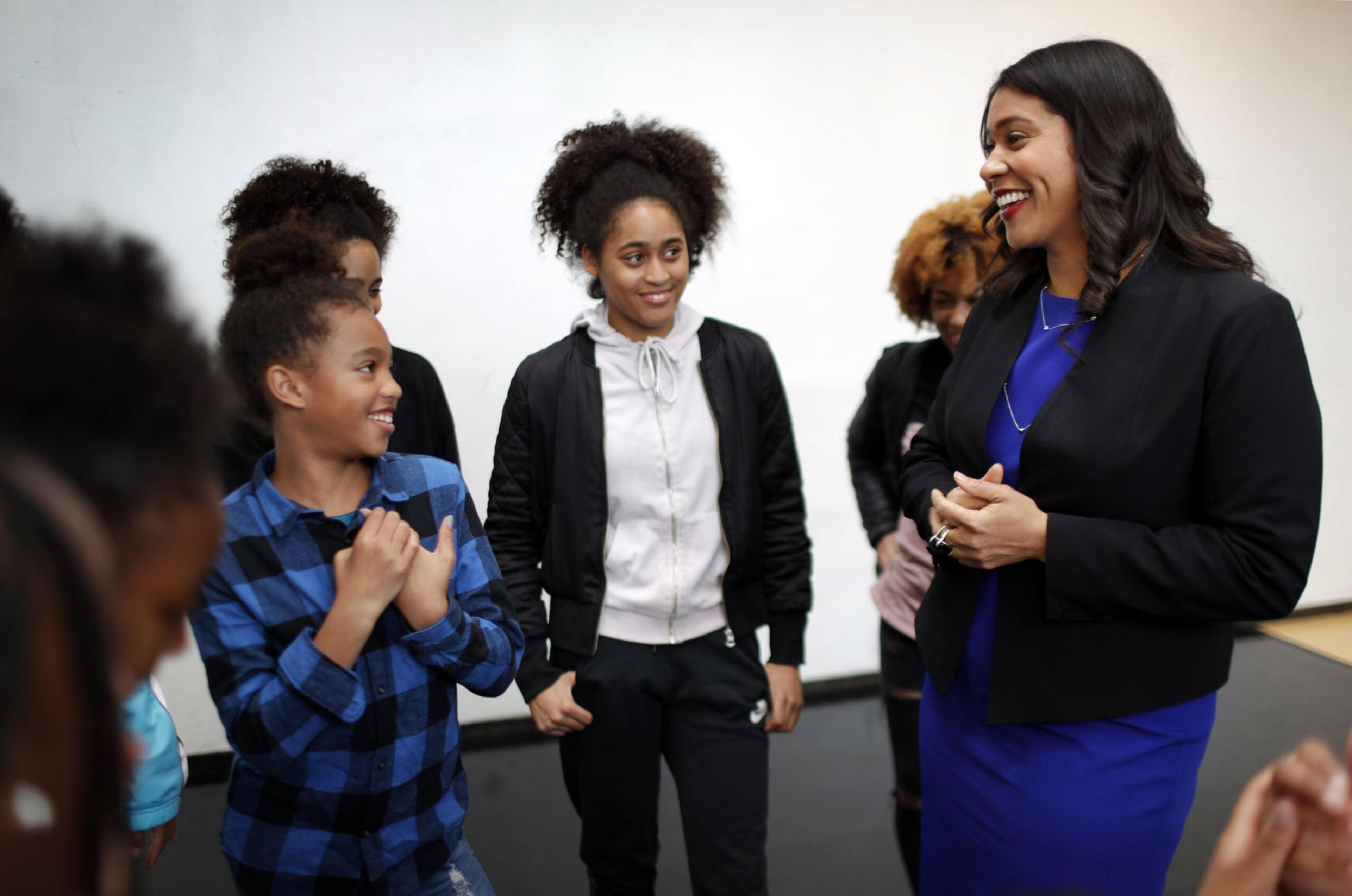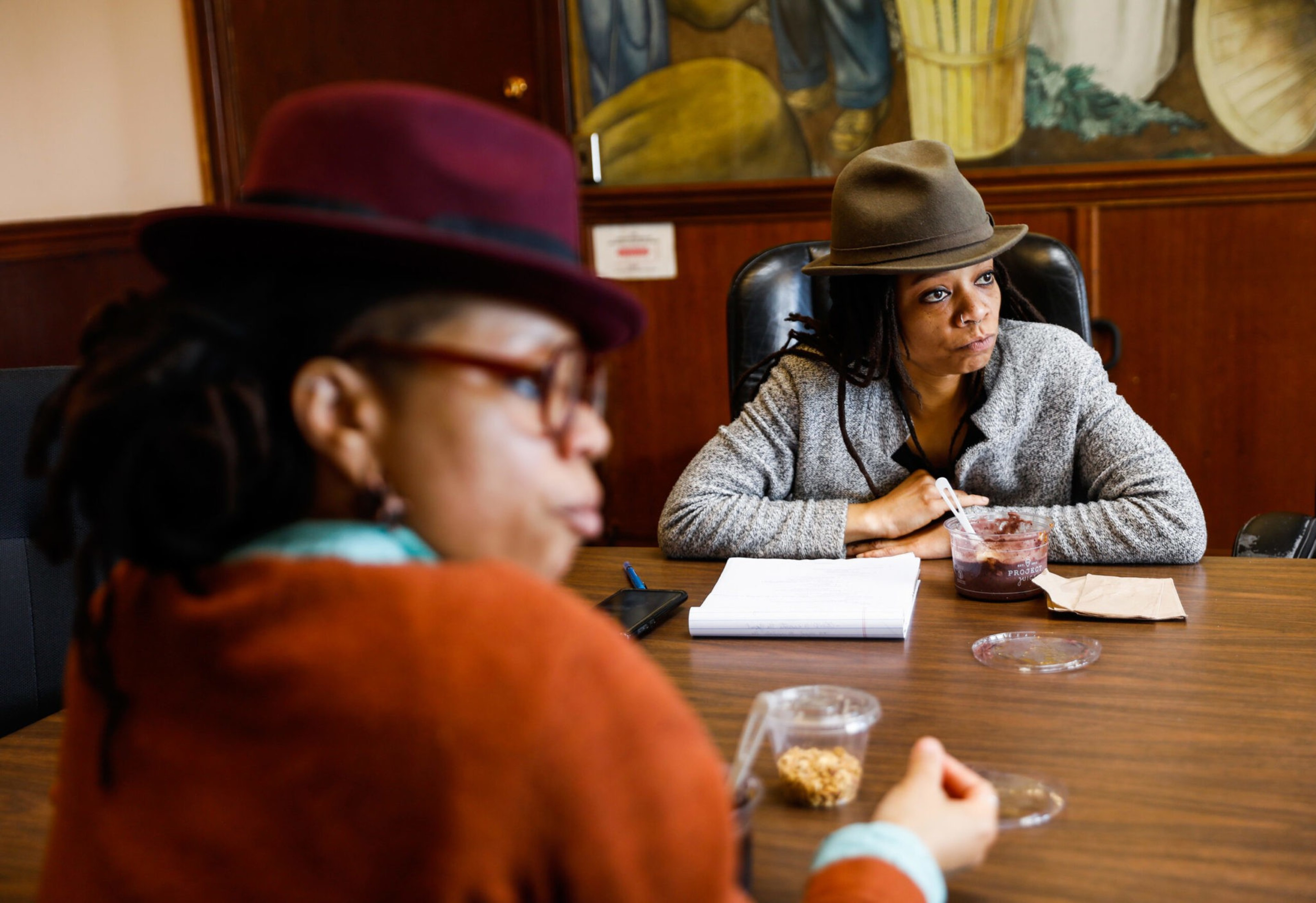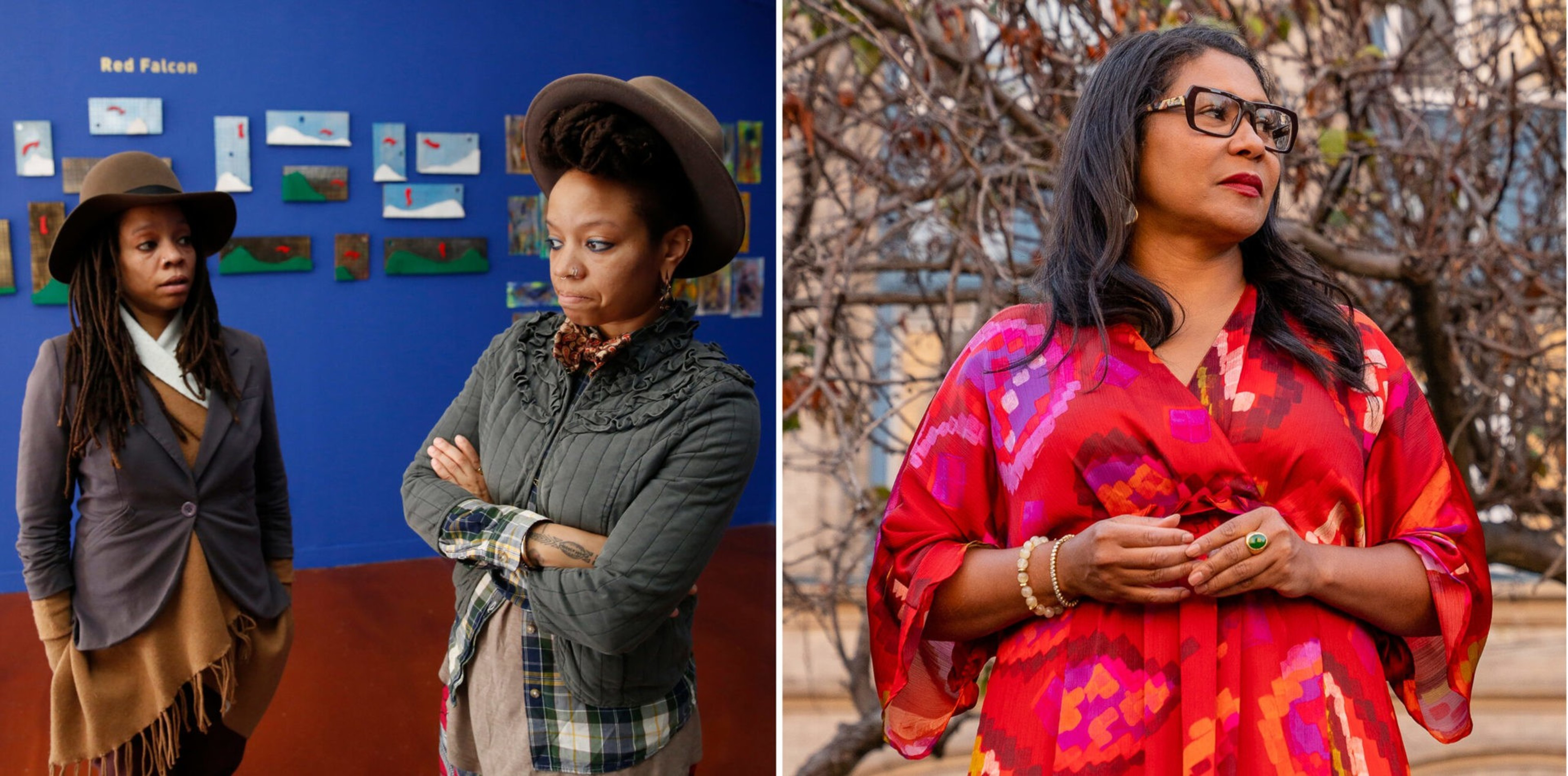The nonprofit that helped launch San Francisco Mayor London Breed’s political career appears to have violated state law by receiving millions of dollars in city funds while being legally barred from doing so.
The African American Art & Culture Complex is currently listed as “delinquent (opens in new tab)” on the state’s Registry of Charitable Trusts (opens in new tab), and records show that the organization has failed for years to renew its registration, pay fees and submit forms documenting revenue and spending with the state Attorney General’s Office.
Since 2018, the nonprofit has either ignored filing requirements or had its registration renewals rejected for incomplete information and underpayment.
The lack of compliance was discovered as The Standard found nearly 140 nonprofits were not in good standing while holding contracts with the city that totaled more than $300 million. Many city departments failed to do their due diligence before giving funds to organizations that were in bad standing.
The African American Art & Culture Complex, which hosts community events and sponsors art exhibitions, has had public stumbles and accusations of financial mismanagement (opens in new tab) since Breed’s departure in 2012. The organization currently has city contracts totaling more than $7.4 million, $1.6 million of which has already been paid out this fiscal year. In 2019, the nonprofit saw its grants and contributions nearly double to $1.9 million as Breed settled into her first year as mayor.

Records that were confirmed by the City Controller’s Office and the state’s Attorney General’s Office show the African American Art & Culture Complex has been delinquent since August 2019. State law forbids charities not in good standing from receiving or spending government funds. Nonprofits that continue to operate while not in good standing could face fines and civil or criminal complaints.
Joan Harrington, a nonprofits expert and former director at the Markkula Center for Applied Ethics at Santa Clara University, called the organization’s noncompliance a “red flag” despite what may be a record of good work in the community.
“It’s not as if they didn’t know that the rule existed, because they tried [to file paperwork] at some point,” Harrington said. “They’re either disregarding it, or they’re dysfunctional.”
Mayor Breed, who ran the nonprofit for more than a decade and has maintained close ties with the organization since leaving in 2012, has supported funding for the organization in recent years through the city’s Dream Keeper Initiative (opens in new tab). The initiative—launched in early 2021—was designed to redirect $120 million from the public safety budget to organizations that work with the city’s Black community.
“One thing we’ve been wrestling with is how do we manage accountability and how do we build capacity for organizations,” said Sheryl Davis, executive director of the city’s Human Rights Commission and Dream Keeper Initiative. “But I don’t want to separate the two, because we want to make sure folks are good fiscal managers.”
City records show the African American Art & Culture Complex has contracts worth $3 million from the Dream Keeper Initiative (opens in new tab), including grants from the Arts Commission and the Office of Economic and Workforce Development. Both of these agencies declined to make their department heads available for an interview or answer questions related to the contracts.
The directors of the African American Art & Culture Complex, twin sisters Melonie and Melorra Green, did not respond to numerous interview requests made in person at the nonprofit’s offices and by phone, email and text.

An organization classified as delinquent for more than a year—as is the case with the African American Art & Culture Complex—can have its nonprofit status suspended. Seven organizations in the city were suspended or revoked as of December, while another 17 were delinquent with the state going back to 2019.
The AG’s Office sent a notice saying it intended to suspend the African American Art & Culture Complex in 2017, but the nonprofit sent in renewal forms that briefly brought it back into compliance before falling back into delinquency in 2019.
Supervisor Ahsha Safaí has called for a hearing on these contracts and proposed legislation to strengthen compliance checks. Nearly 20 city departments are now awaiting guidance from the City Controller’s, City Attorney’s and City Administrator’s offices on how to handle future payments to nonprofits running afoul of state law.
Despite a lack of compliance with state law, Mayor Breed’s office defended grants given to the African American Art & Culture Complex.
“The city has a long history with the African American Art and Culture Complex that predates Mayor Breed—they do great work,” said Parisa Safarzadeh, a spokesperson for the Mayor’s Office. “As you know, the city requires a stringent and competitive approval process. We are going to support our communities and remain focused on doing that work.”
The African American Art & Culture Complex has grown in prominence over the last two decades. In recent years, the organization received funding for a number of exhibitions and community programs, including the SF Juneteenth Celebration, the San Francisco Black Film Festival, a pandemic pop-up gallery and workshops for young artists in the city.

Grants awarded through the Dream Keeper Initiative include $1.5 million from the Arts Commission, most of which is designed to fund artists’ work, and $900,000 from the city’s Office of Economic and Workforce Development for programming and events.
Many of the grants provided to the African American Art & Culture Complex came through a competitive bidding process. City officials noted in a 2021 contract that the organization was “the highest qualified,” but it appears the city was unaware it was not in good standing with the state.
“There’s probably a question of fairness taking place here,” said John Pelissero, a senior scholar in government ethics at the Markkula Center for Applied Ethics at Santa Clara University. “I’m sure there are nonprofit organizations that have not been able to secure a city/county contract and are in good standing.”
The AG’s Office did not respond to The Standard’s questions regarding city nonprofits that have received more than $25 million while not in good standing with the state. Officials instead referred to a guidebook for California charities that noted: “A charitable organization’s registration must be current to operate; delinquent or suspended organizations may not solicit or disburse charitable funds.”
Mayor Breed’s ties to the Fillmore neighborhood organization run deep. She led the nonprofit for more than a decade, and her campaign website credits her with “transforming the struggling center into a vital, financially-stable community resource that provides after school arts and cultural programs for youth and seniors.” One of the organization’s board members, P.J. Johnston, chaired Breed’s reelection campaign.
This connection raises concerns about the city playing favorites by giving money to organizations that are close to the mayor but ineligible under state law to receive the funding.
“If people know that the mayor wants something funded, they don’t necessarily go to the mayor or have anything untoward happening,” Harrington said. “They just try to continue doing what they assume the mayor wants.”

During her time in charge of the nonprofit, Breed was appointed to serve on the city’s Redevelopment Agency and Fire Commission. These posts served as a launchpad for her successful run for supervisor in 2012.
Management issues at the nonprofit have popped up repeatedly since Breed’s departure. In 2015, community leaders accused former executive director Mohammed Soriano-Bilal of not paying employees and vendors as well as slashing community access to the nonprofit’s space on Fulton Street.
The Green sisters took over the organization in 2017. While the community events have been a hit, compliance issues with the state have persisted. Meanwhile, the duo have consistently supported the mayor’s political rise since taking over the nonprofit. The Greens contributed more than $1,500 to Breed’s 2018 and 2019 mayoral campaigns, and they wrote an op-ed publicly calling (opens in new tab) for her reelection.
In turn, Breed has supported the organization as an elected official and candidate. Campaign records show that in March 2018, Breed made a $9,000 civic donation (opens in new tab) to the African American Art & Culture Complex from her 2016 Democratic Central Committee campaign.
Breed made this payment and terminated the committee on the same day while in the midst of her first mayoral campaign.
